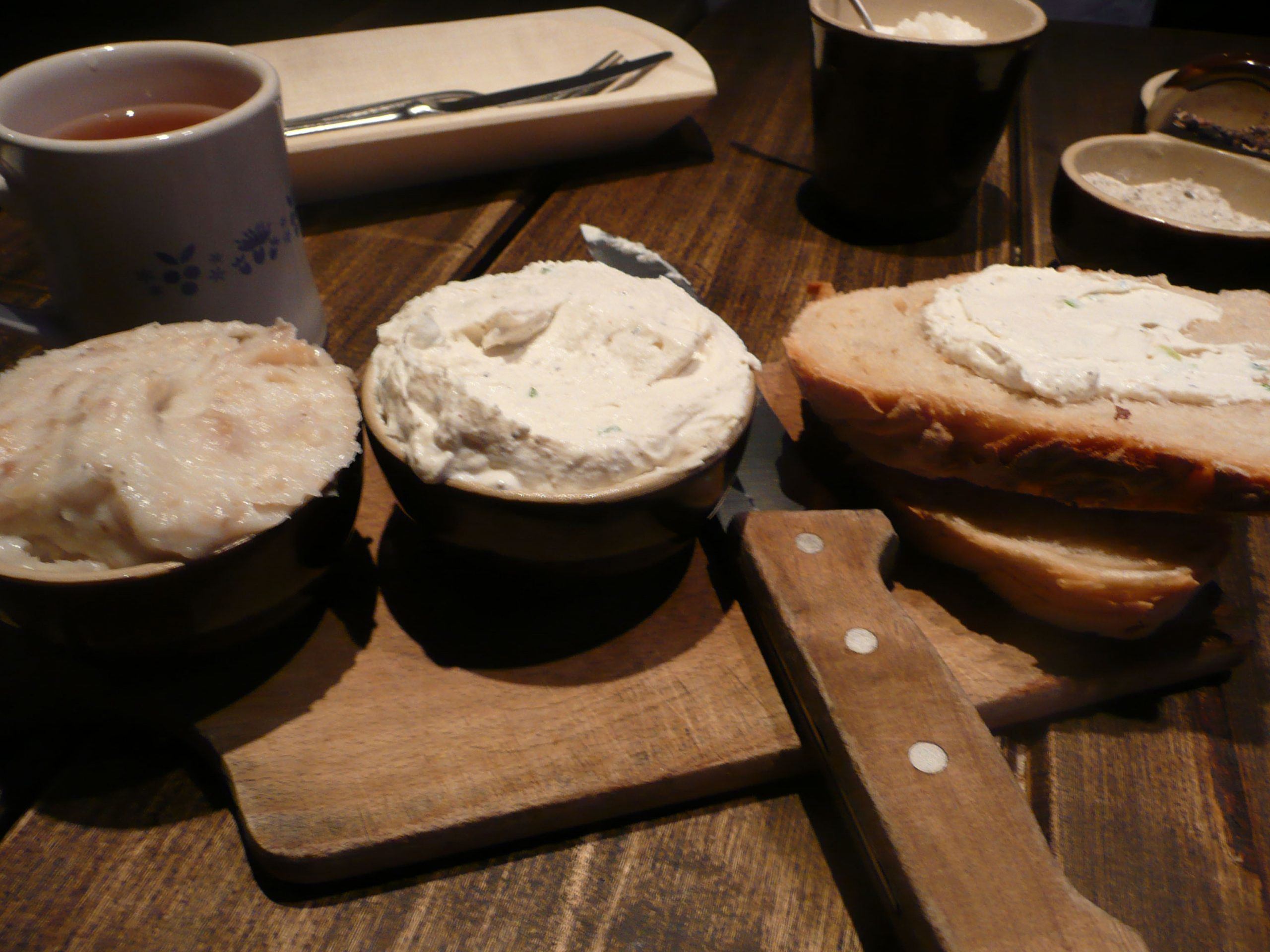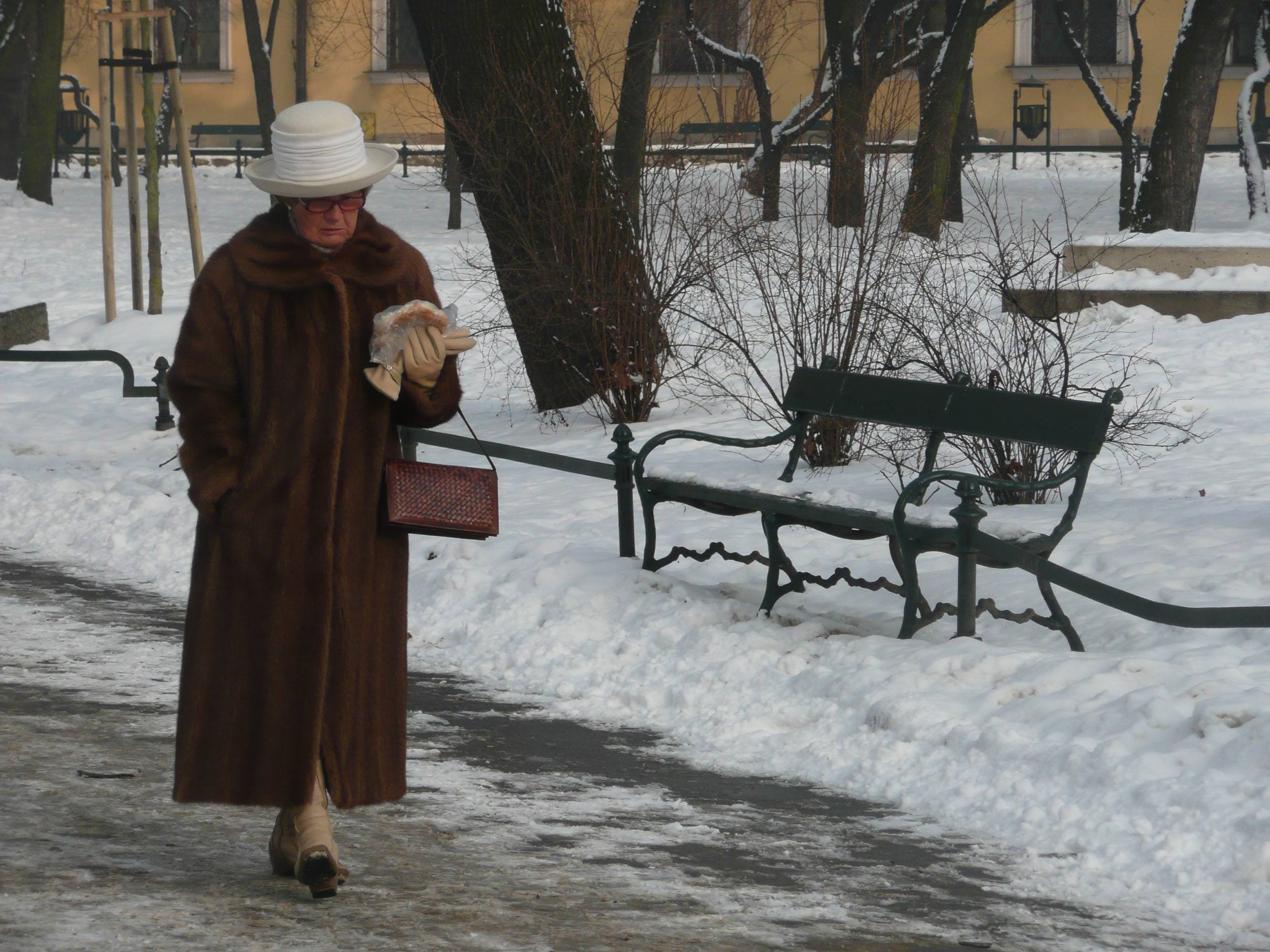Their eyes haunt me. Macabre cries reverberate within the confines of my skull. As I stand outside the gas chamber, shivers run down my spine. I try to comprehend how atrocities such as this can occur. My mind paints a clear picture of men, women and children stripped naked, tortured and humiliated in sub zero conditions - propaganda infiltrating and corrupting minds of the innocent. The mass genocide of innocent beings is disturbing. An overwhelming sense of melancholy grips my soul as I walk through the almost century old concentration camp at Auschwitz: a stain from Poland's past. Here's some history and that which I experienced while visiting Auschwitz-Birkenau in winter.
Auschwitz-Birkenau: History Unfurled
Auschwitz, now a town in southern Poland, was home to Nazi Germany's largest concentration camp in World War Two. It was the place where, every day, citizens from various races, religious denominations and cultures were imprisoned. 1.1 million people lost their lives, through heinous methods such as suffocation in gas chambers, forced labour, lack of disease control and 'medical experiments'. It was on an arctic Saturday morning in January 2009 that I decided to visit Auschwitz and sister camp Birkenau.
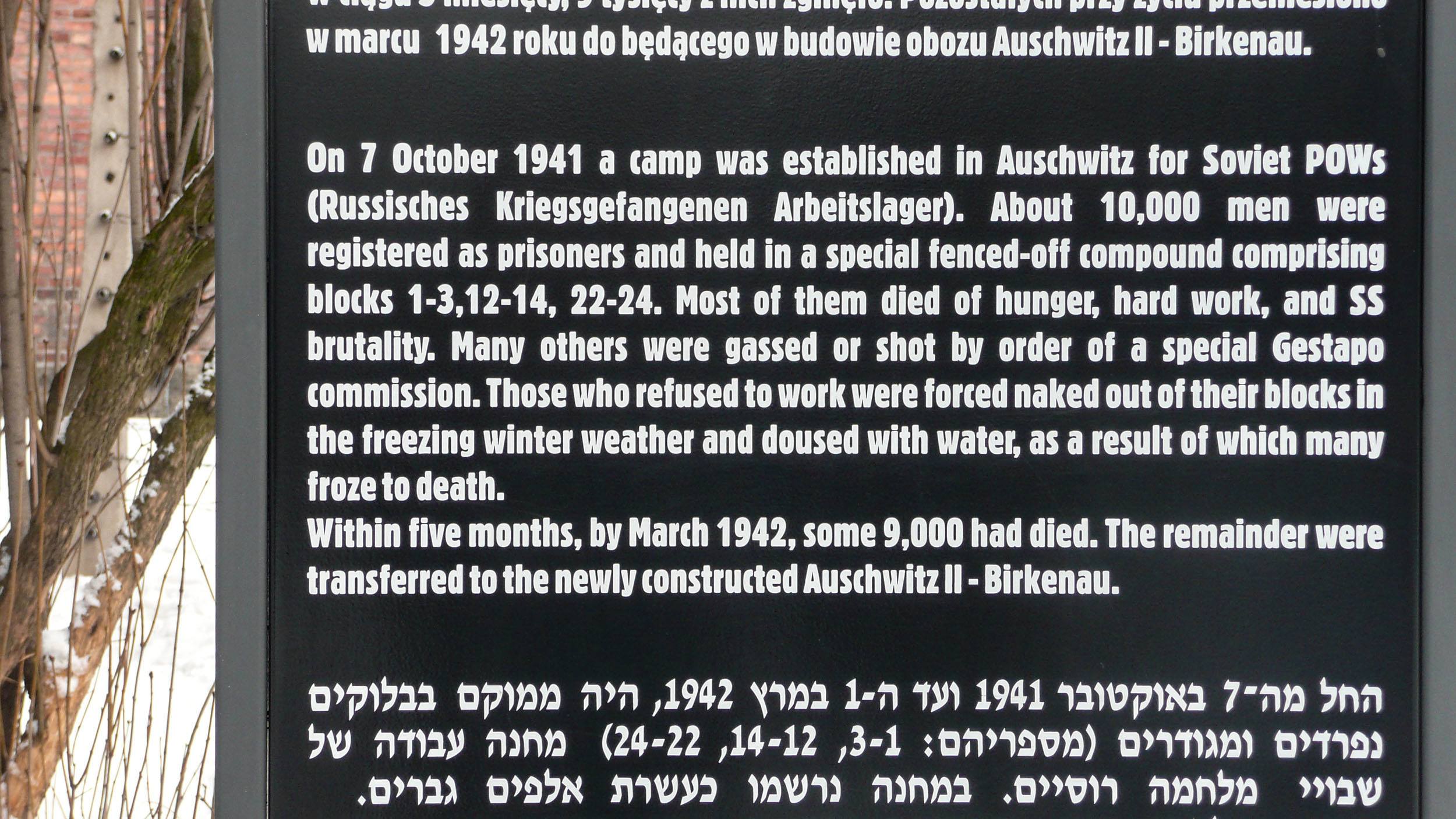
An Emotional Walk Through Time
Walking through the once active camp, I couldn't help but think, 'what if it had been my family forced out of our homes, shovelled into trucks and deported from our nation with a grim prospect: slavery, suffering and a brutal death?' The thought numbed me. Mounds of human hair, handwritten diaries, children's shoes and personal photographs evoked a plague of negative emotion; despair and desolation imbued the air. After paying my respects in Auschwitz, I made my way to Birkenau - a sister camp, three kilometres away. It was at Birkenau that Nazi loyalists constructed the majority of their weapons of mass destruction: four gas chambers with crematoria, multiple pyres and pits. By the time 1944 arrived, Birkenau had been responsible for the death of over one hundred thousand prisoners of war.
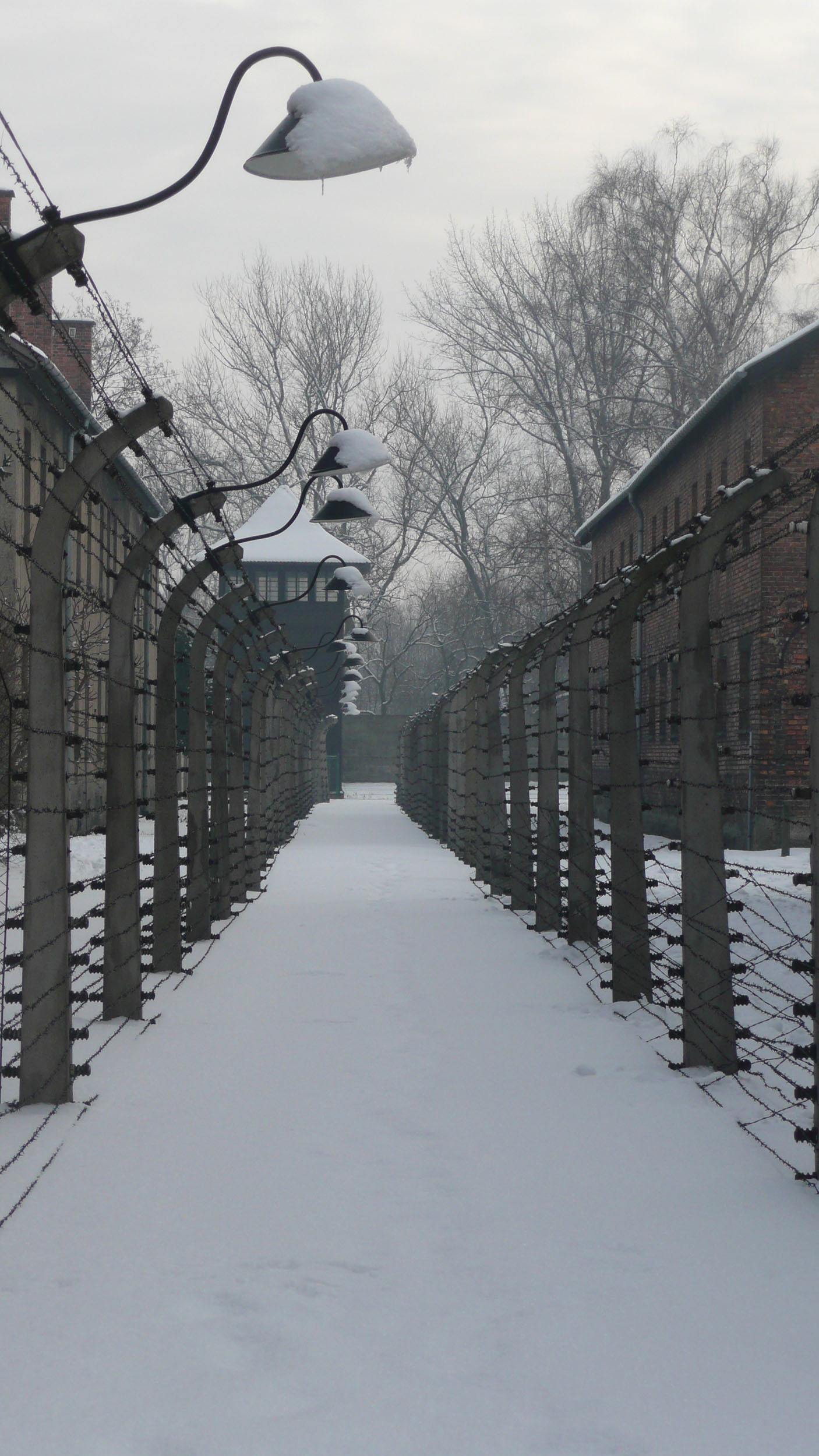
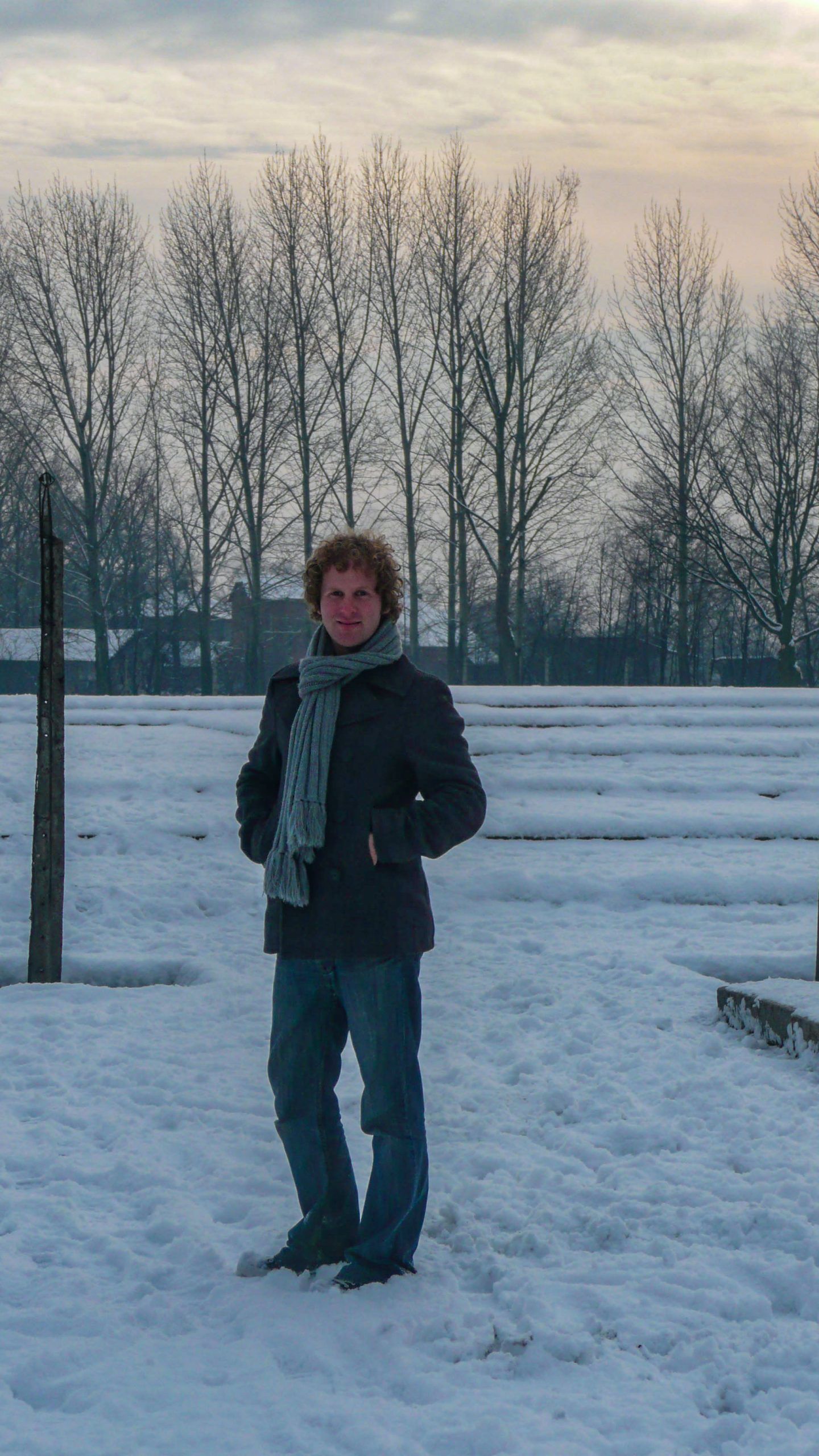
War Time Conditions
The inhumanity of the war became evident at Birkenau. With six grown men confined to one bed, appalling levels of sanitation proliferated, further compounded by rat plagues: prospects for prisoners were bleak. My spirits were low and I could not begin to imagine how dehumanising subsisting in these conditions would have been. I made my way from Birkenau to Auschwitz where I boarded a bus back to Kraków. As we drove away, whiteness enveloping the landscape, I experienced an overwhelming sense of agitation about the genocide - a permanent stain on human history. Agitation aside, I was thankful for having had the opportunity to visit the camps.
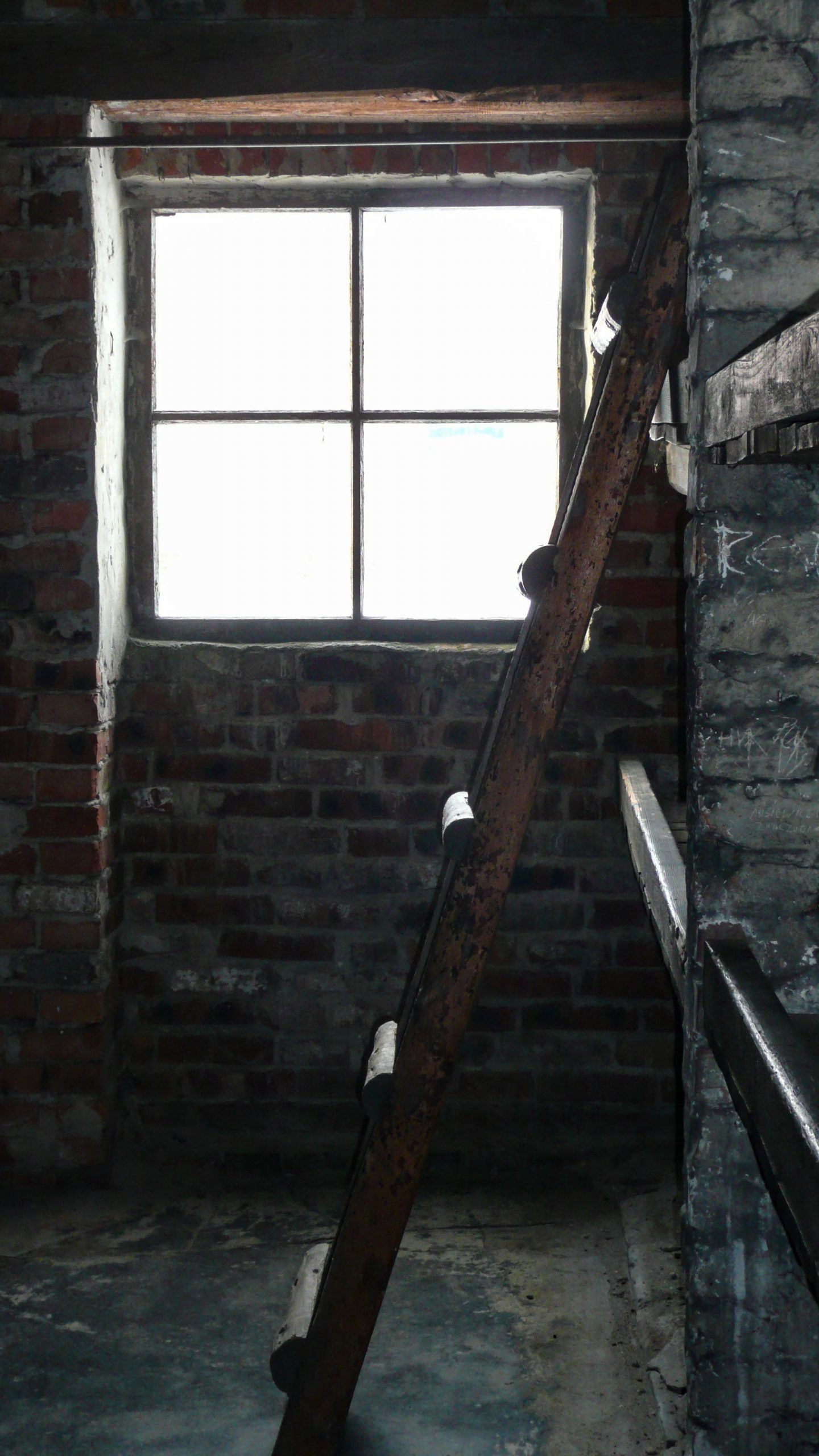
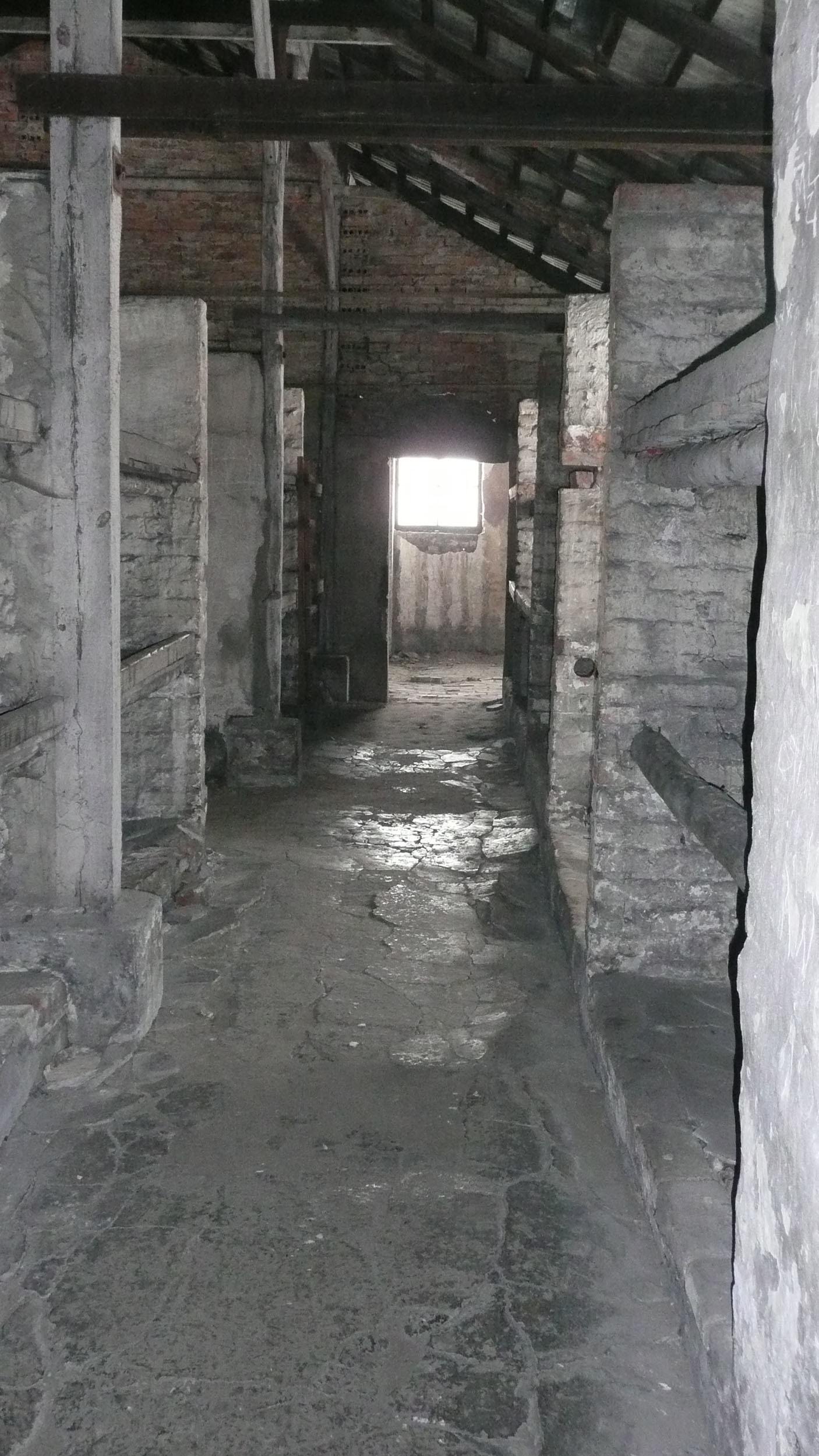
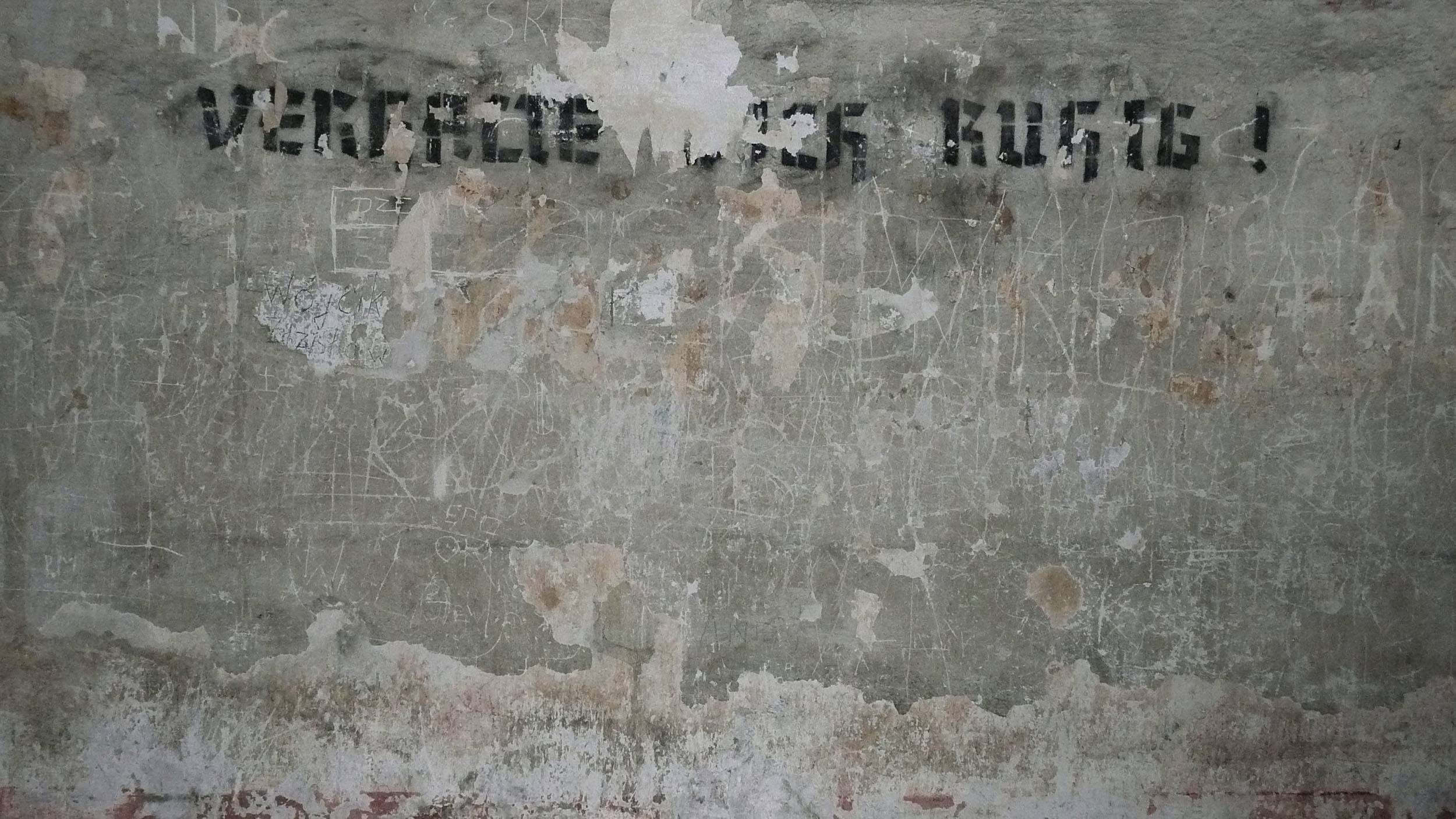
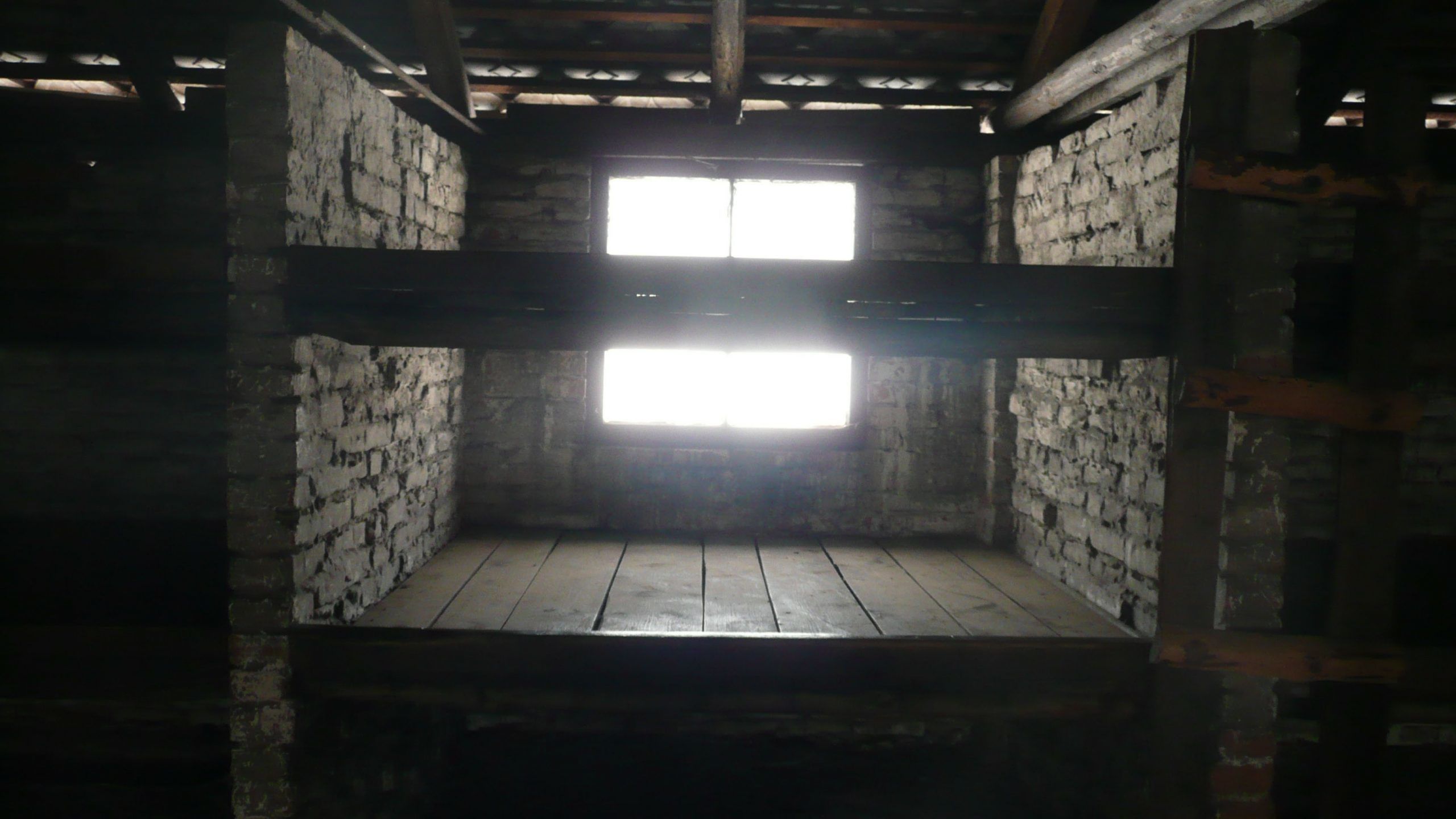
Future Prospects: A Renewed Polish Identity
Even with its controversial past, Poland is making its name known on the European stage as a country with strength and stability. Of recent years, the pulchritudinous face of old Kraków has been luring travellers from all corners of the globe. With the largest surviving medieval city centre in Europe, it's clear to see why it's a popular stop on many itineraries. Most of the historical buildings - against the snow-covered backdrop - appeared to be well preserved, a vision akin to taking a step back in time. If only parts of human history books could be rewritten, then the essence of beautiful Kraków - and many other cities - would not be tarnished.
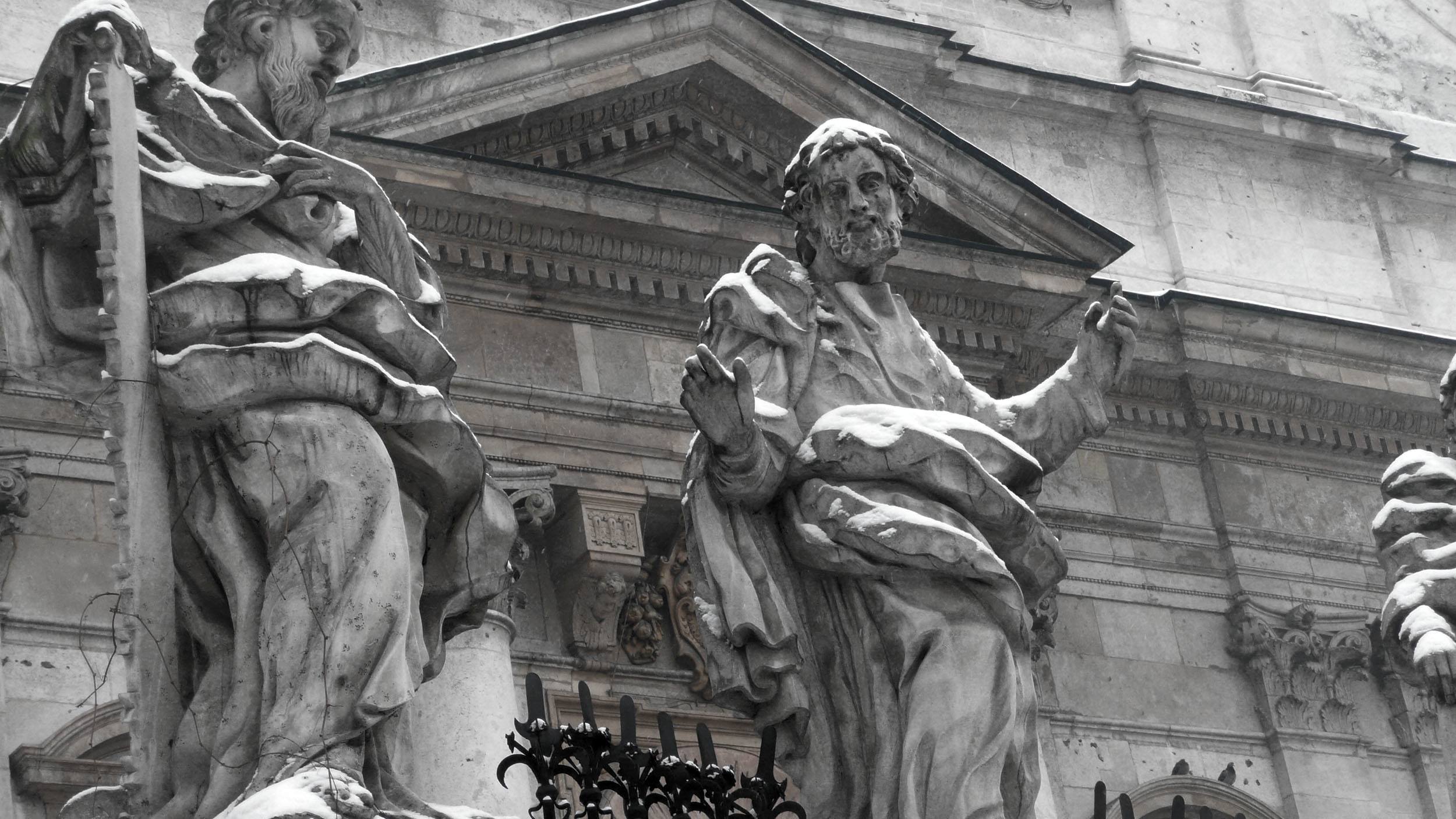
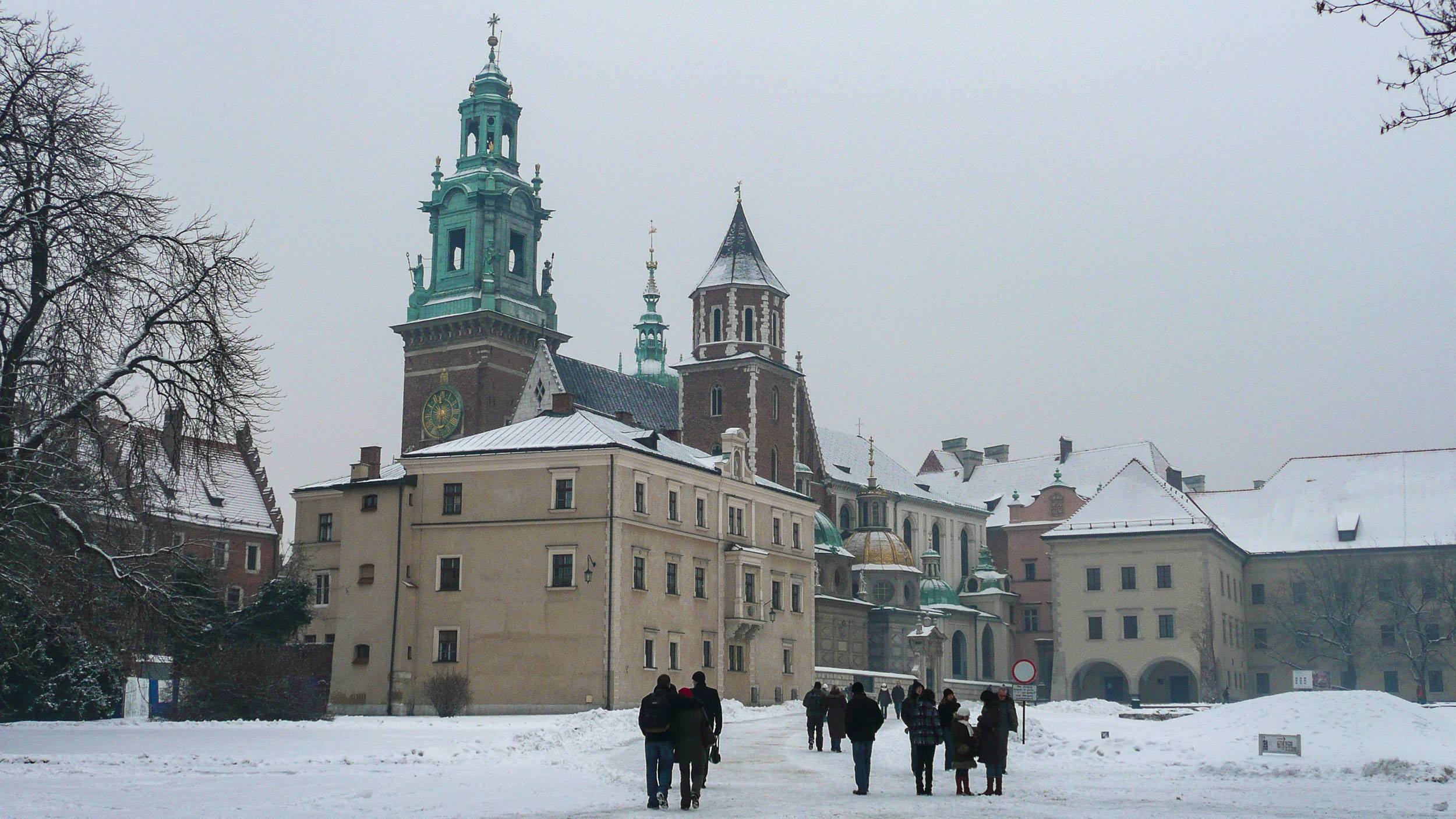
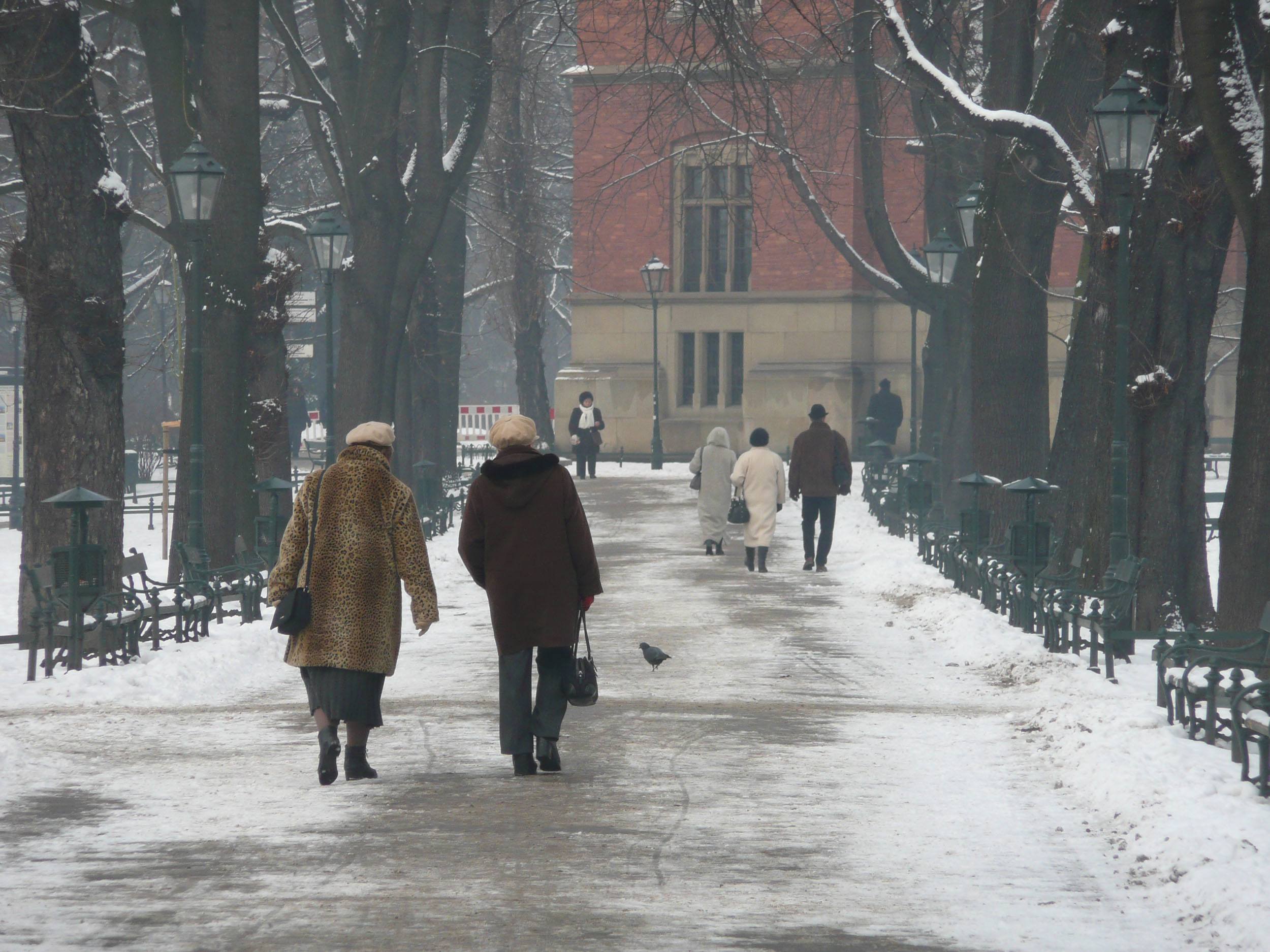
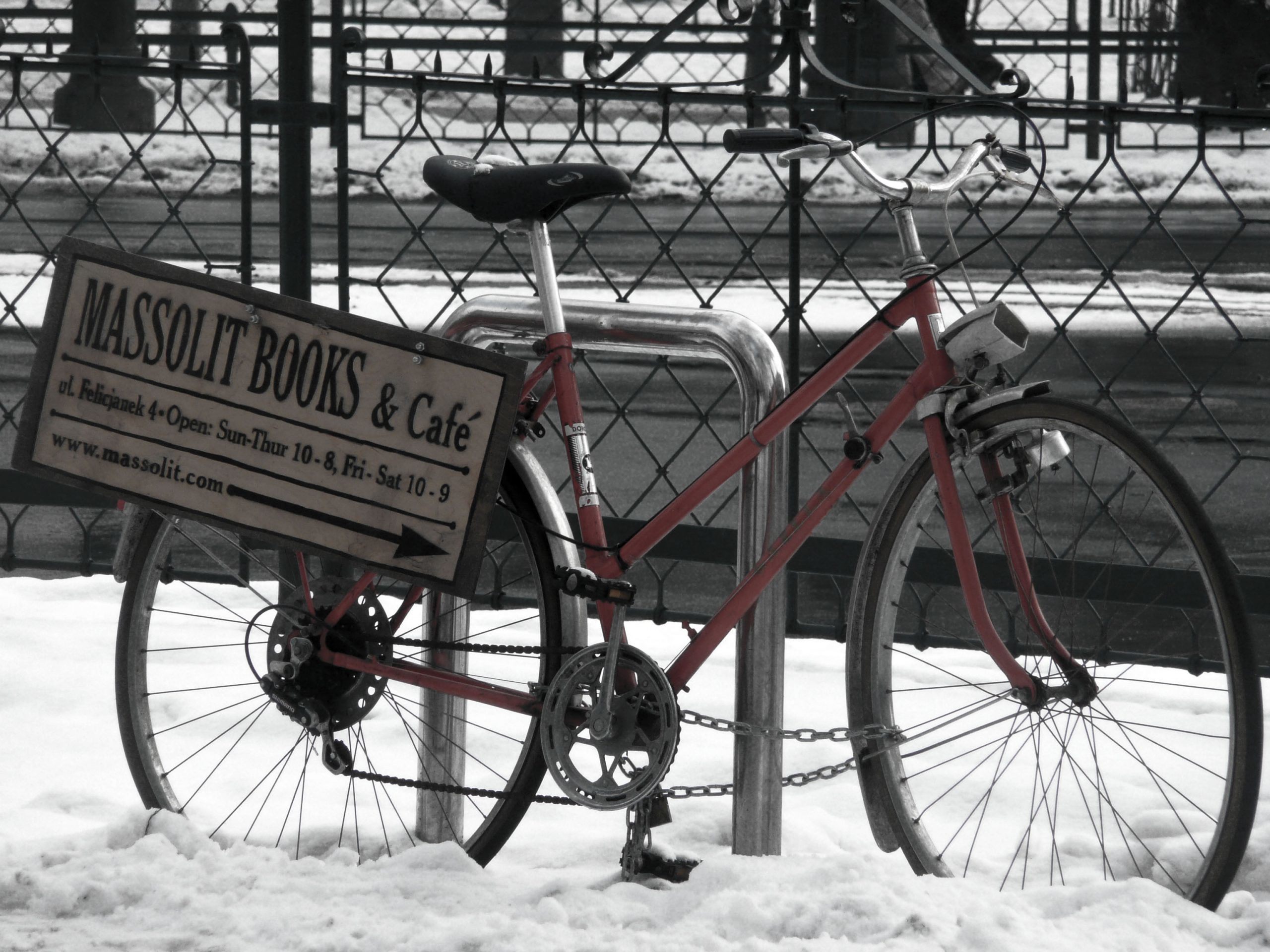
I spent the rest of the weekend dining with locals in budget haunts, experimenting with traditional Polish cuisine and visiting the imposing hilltop castle that overlooks the city. I got a sense that, due to strong communal ties, the winds of change have been able to transform the face of postwar Kraków from hardship to grace and prosperity. The calm and assurance provided by this alleviated an element of the agitation I'd felt following my visit to Auschwitz and Birkenau.
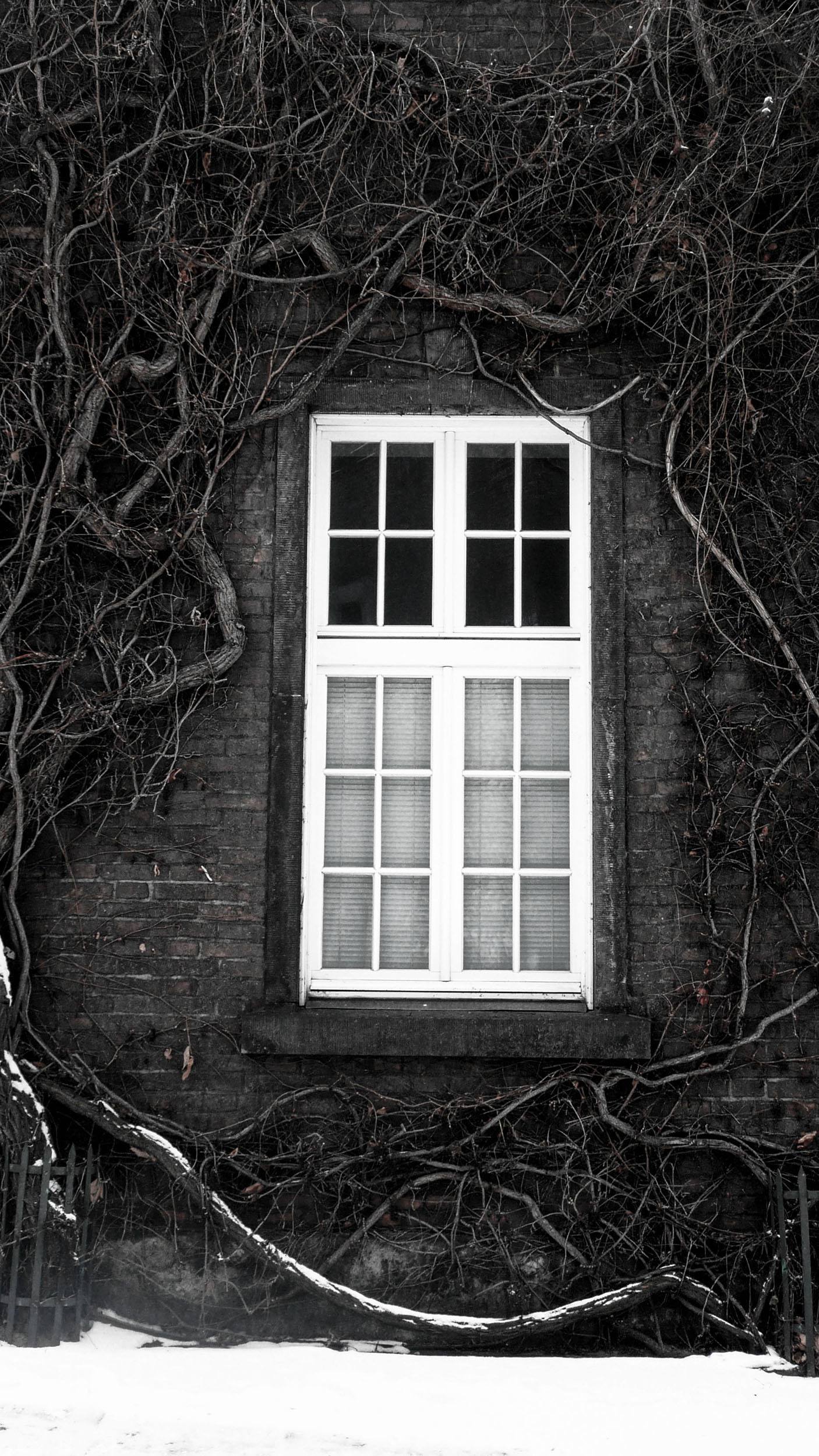
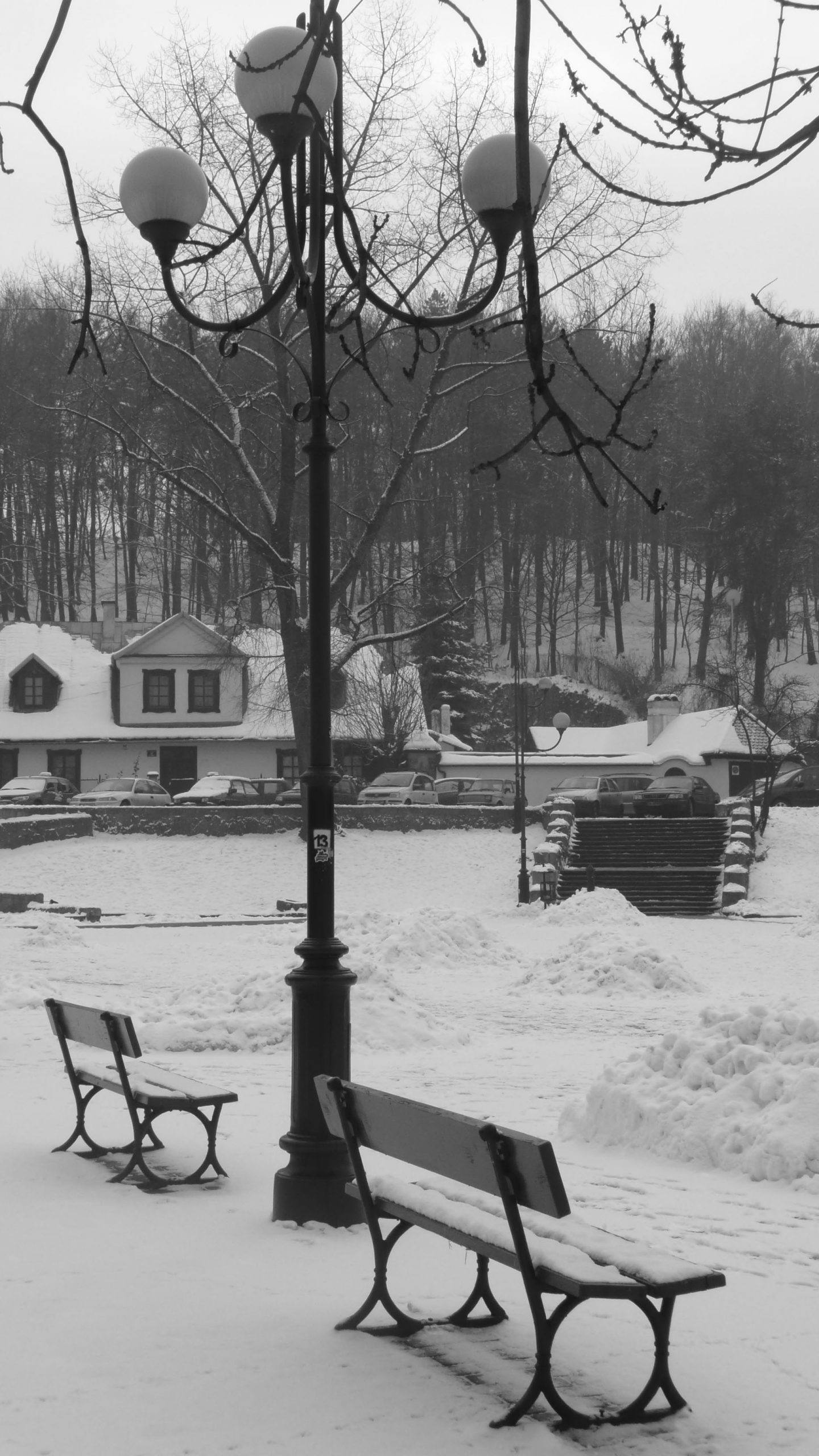
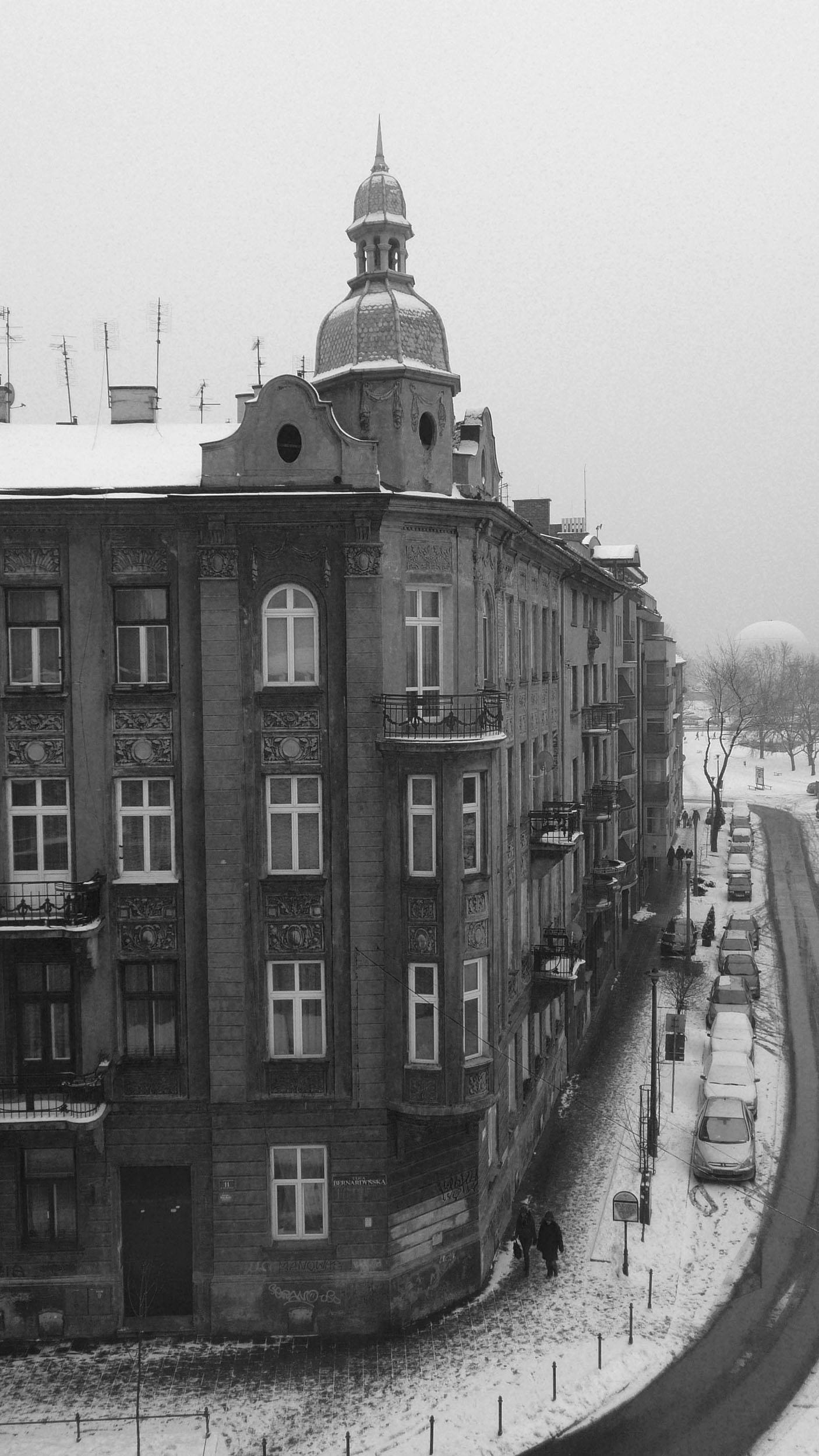
Reflective Musings
My weekend jaunt to Kraków finished on Sunday evening when I returned to London. I learned several lessons: although reparation isn’t possible for those who perished in World War Two, the current national Polish psyche is positive; the sense of pride and commitment it evokes is reassuring. The Polish have linked arms and marched forward to embrace an exciting and prosperous future. The past is, well, the past. It must be remembered, however it cannot be changed. It is possible, though, to learn from history's mistakes and move forward, determinedly. To triumph over adversity is to allow healing to take place. I sense that Poland has managed to accomplish this. Out of a tumultuous past, it continues to emerge with vibrancy.
